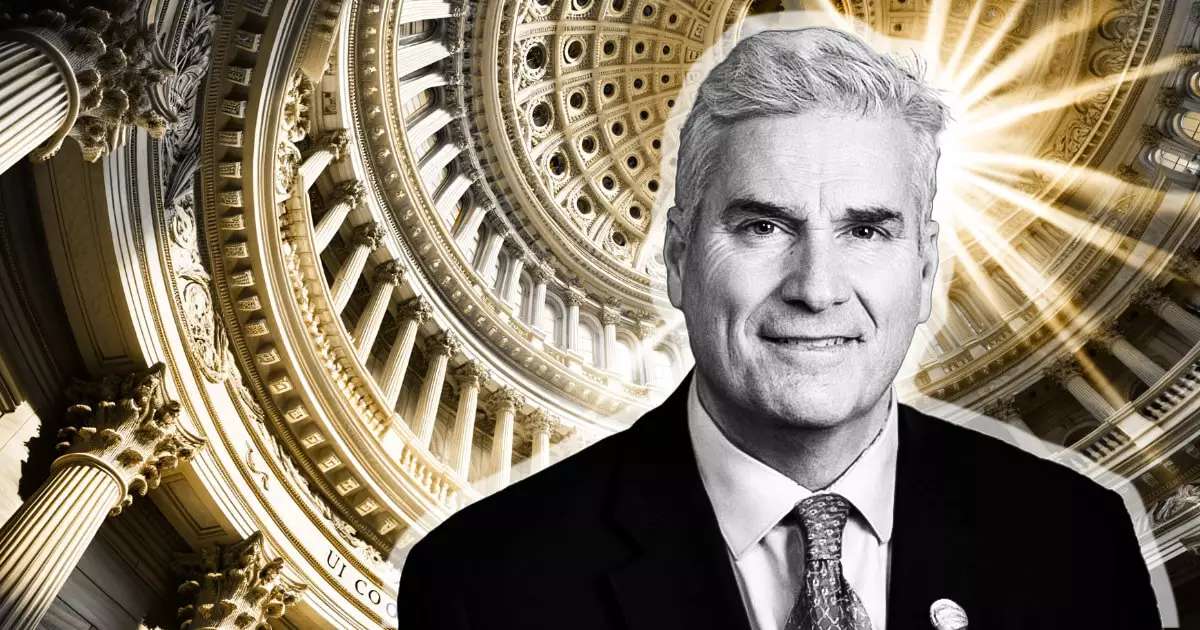The recent actions taken by government agencies under the Biden administration to collect data on Bitcoin mining firms have sparked significant concerns among industry stakeholders. House Majority Whip Tom Emmer highlighted the approval of a request from the Energy Information Administration (EIA) by the Office of Management and Budget (OMB) as an alarming development. Emmer expressed his apprehension over the imposition of a “new, mandatory information collection regime” on the Bitcoin mining industry without a comment period, emphasizing the need for the agency to demonstrate likely public harm.
Emmer vehemently refuted the notion that Bitcoin mining poses a threat to public safety, stating that it is not a valid concern. He underscored the essential role played by Bitcoin mining firms in the operation of the Bitcoin network and stressed the values of openness and permissionlessness embodied by the technology. Emmer called for a politically neutral approach to policy-making in this regard, criticizing the OMB and EIA for allegedly enforcing regressive energy policies under the Biden administration and targeting the crypto industry unfairly.
Challenges Faced by Bitcoin Mining Firms
The concerns raised by the EIA regarding the potential increase in Bitcoin mining activity amid rising prices and energy consumption during adverse weather conditions have added to the challenges faced by crypto-mining companies. Emmer dismissed these apprehensions as unfounded, arguing that mining operations can be adjusted to mitigate energy consumption during peak hours and changing climate conditions. He also raised objections to the broad scope of data collection efforts, likening them to the controversial initiatives by the US Securities and Exchange Commission (SEC) in the past.
Emmer highlighted the punitive measures that could be imposed on companies that fail to comply with the data collection request, including criminal and civil penalties as well as daily fines of up to $10,000. Companies are required to provide detailed information on a monthly basis until the conclusion of the survey period in July. The stringent enforcement measures underscore the seriousness with which the government is approaching data collection from crypto-mining firms, signaling potential repercussions for non-compliant entities.
The response from the crypto-mining industry to the government’s data collection efforts is likely to be mixed, with some companies expressing concerns about the intrusive nature of the survey and the potential implications for their operations. The outcome of this ongoing engagement between government agencies and industry stakeholders could have far-reaching consequences for the regulatory environment surrounding Bitcoin mining and related activities. As the Biden administration continues to prioritize energy efficiency and sustainability in its policy agenda, the tensions between regulatory oversight and industry innovation are likely to escalate.















